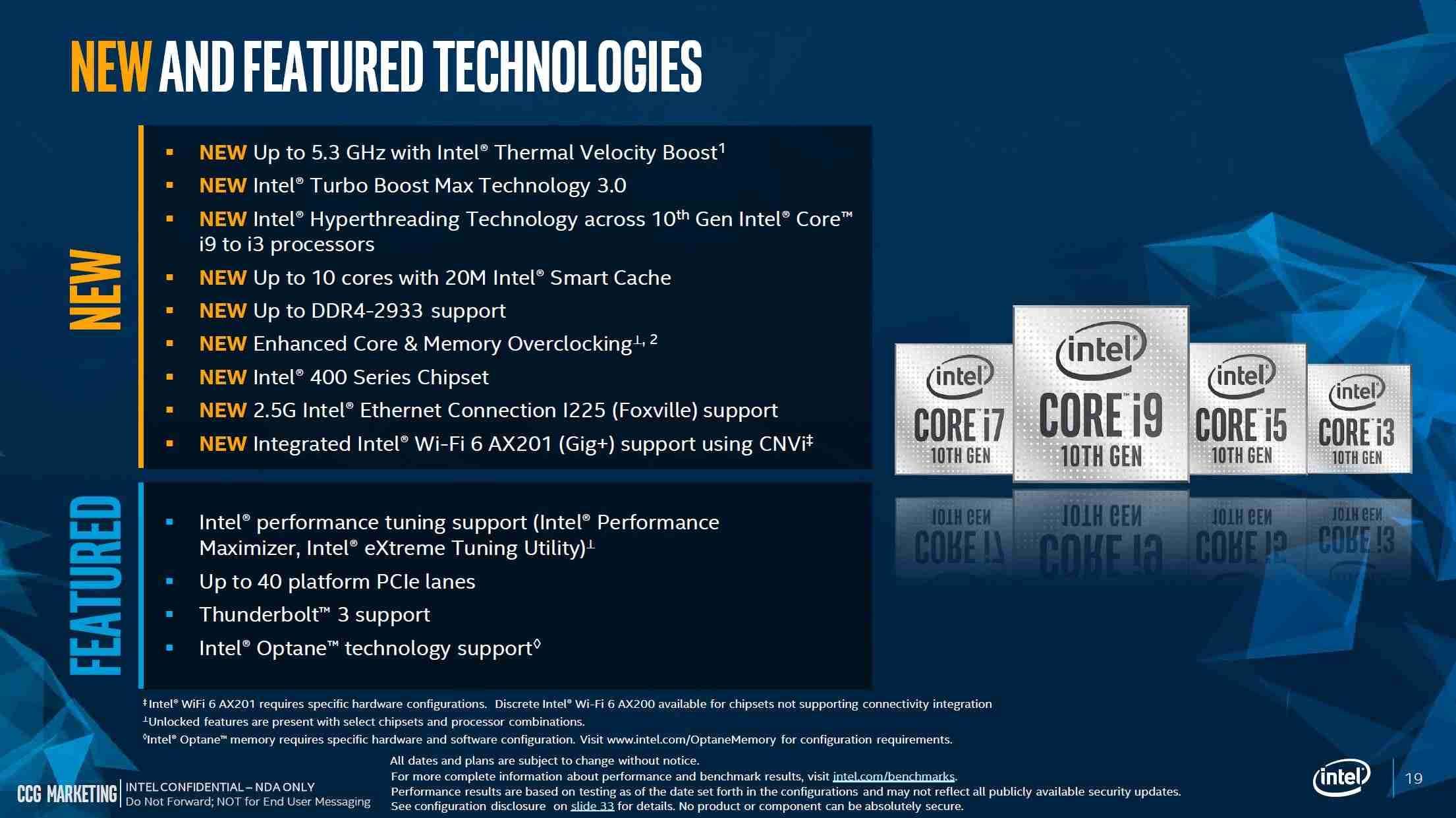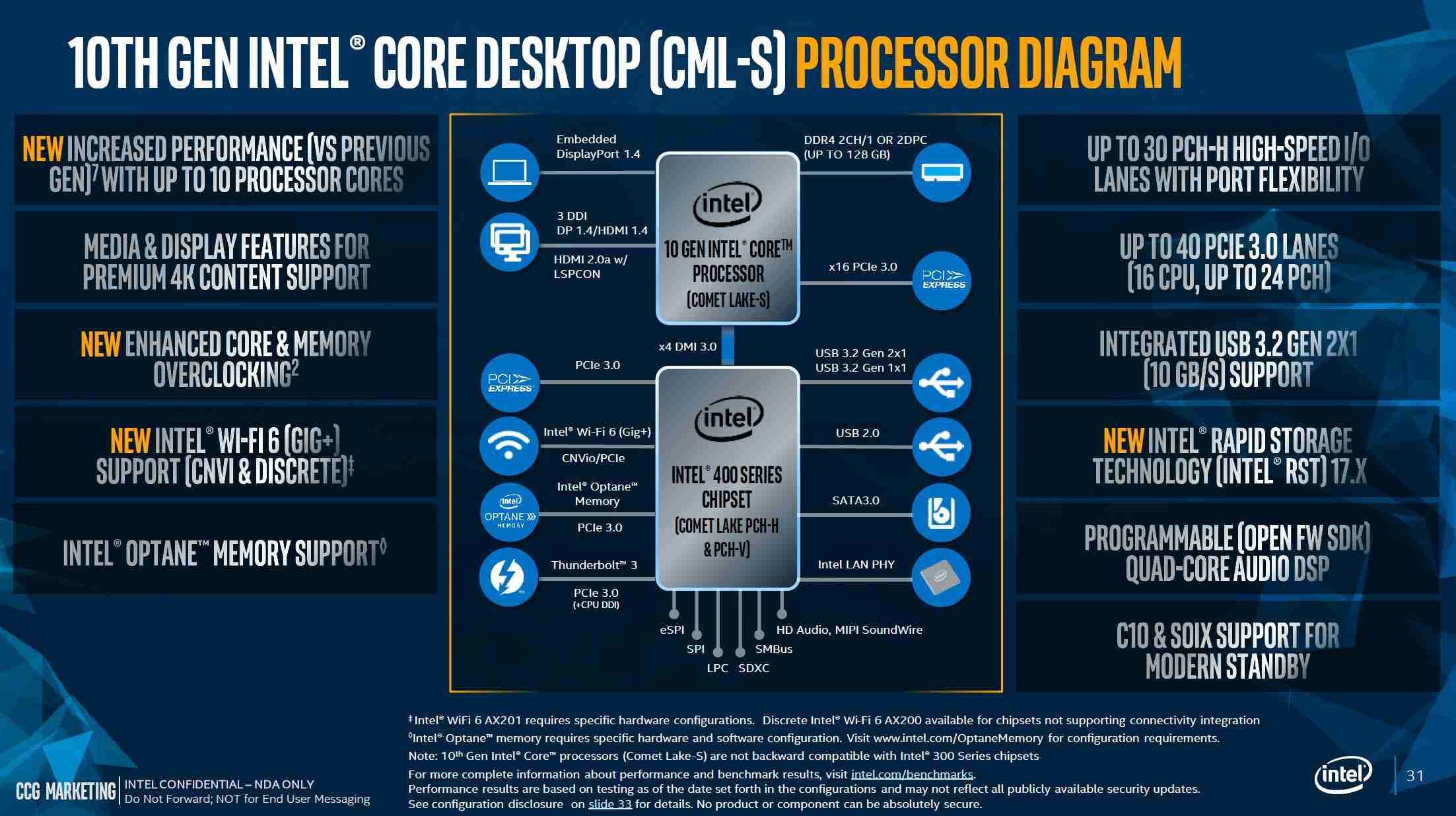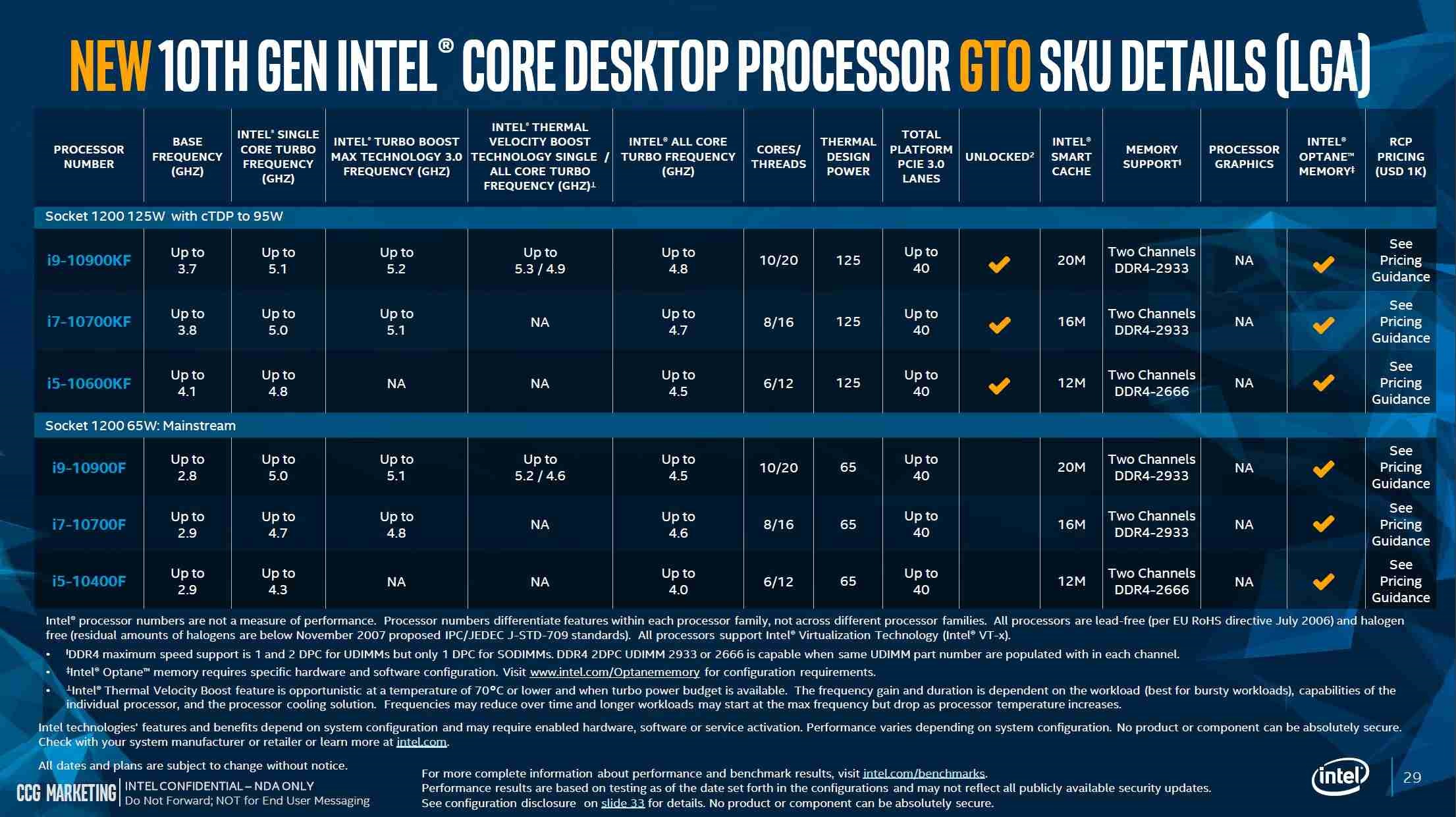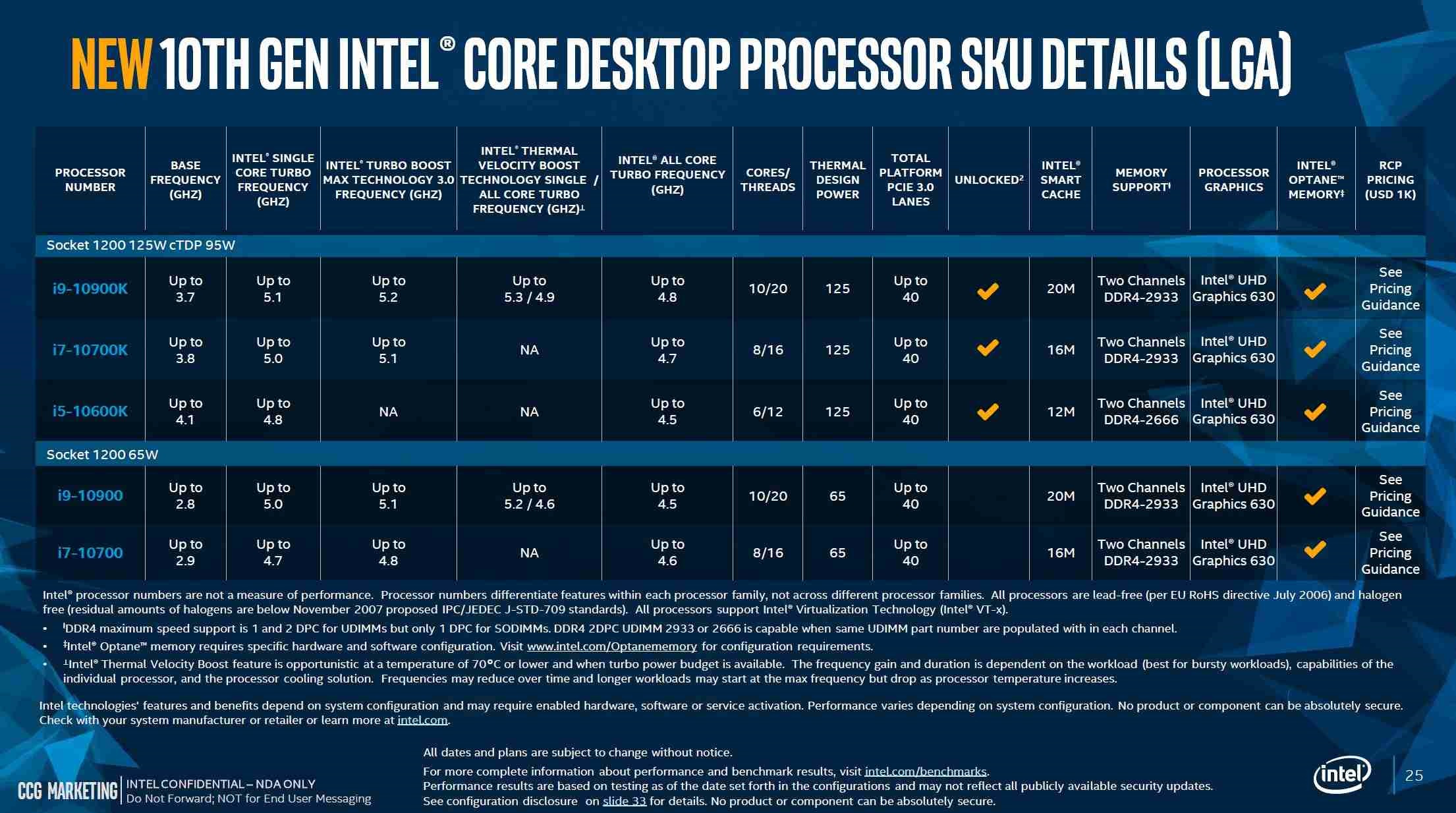Welcome to our daily column, where we recap the biggest (and not only) IT and tech stories that happened in the last 24 hours that we feel you should know about.
It could be interest you

Joe Rogan quits YouTube and moves to Spotify
If you're even remotely interested in podcasts, you've probably heard the name Joe Rogan before. He is currently the host and author of the most popular podcast in the world - The Joe Rogan Experience. Over the years of operation, he has invited hundreds of guests to his podcast (almost 1500 episodes), from people from the entertainment/stand-up industry, to martial arts experts (including Rogan himself), celebrities of all kinds, actors, scientists, experts in everything possible and many other interesting or well-known personalities. His less popular podcasts have tens of millions of views on YouTube, and short clips from individual podcasts that also appear on YouTube have millions of views. But that is over now. Joe Rogan announced on his Instagram/Twitter/YouTube last night that he has signed a multi-year exclusive deal with Spotify and his podcasts (including video) will only appear there again. Until the end of this year, they will also appear on YouTube, but from around January 1st (or generally around the end of this year), however, all new podcasts will be exclusively on Spotify only, with the fact that only the previously mentioned short (and selected ) clips. In the podcast world, this is a relatively big thing that surprised a lot of people, also because Rogan himself criticized various podcast exclusivities in the past (including Spotify) and claimed that podcasts as such should be completely free, unencumbered by the exclusivity of any particular platform. Spotify is rumored to have offered Rogan over $100 million for this extraordinary deal. For such an amount, the ideals are probably already going by the wayside. Anyway, if you listen to JRE on YouTube (or any other podcast client), enjoy the last half year of "free availability". From January only through Spotify.
Intel has started selling new Comet Lake desktop processors
In recent weeks, it's been one new hardware innovation after another. Today saw the expiration of the NDA and the official launch of Intel's long-awaited 10th generation Core architecture desktop processors. They had been waiting for some Friday, just as it was roughly known what Intel would come up with in the end. More or less all expectations were fulfilled. The new processors are powerful and at the same time relatively expensive. They require new (more expensive) motherboards and, in many cases, much stronger cooling than previous generations (especially in cases where users will push the new chips to the limits of their performance limits). It is also still about processors made by the 14nm (albeit for the umpteenth time modernized) production process - and their performance, or operational characteristics show it (see review). The 10th generation processors will offer a wide range of chips, from the cheapest i3 (which are now in 4C/8T configuration) to the top i9 models (10C/20T). Some specific processors are already listed and available through some Czech e-shops (for example, Alza <a href="https://cdn.shopify.com/s/files/1/1932/8043/files/200721_ODSTOUPENI_BEZ_UDANI_DUVODU__EN.pdf?v=1595428404" data-gt-href-en="https://en.notsofunnyany.com/">here</a>). The same applies to new motherboards with Intel 1200 socket. The cheapest chip available so far is the i5 10400F model (6C/12T, F = absence of iGPU) for 5 thousand crowns. The top model i9 10900K (10C/20T) then costs 16 crowns. The first reviews are also available on the website, and they are classic written, So i video review from various foreign tech-YouTubers.
Facebook wants to compete with Amazon and is launching its own Stores
Facebook has announced that it is launching a pilot version of a new Facebook feature called standalone Stores in the US. Through them, goods will be sold directly from sellers (who may have a classic company profile on Facebook) to regular users. Potential customers will be able to perceive the seller's company page as a kind of e-shop, within which they will be able to choose and buy the goods sold. Payment will take place through the integrated payment system, and the order will then be handled by the seller by default. Facebook will thus play the role of a kind of intermediary, or sales platform. The company promises that this news will allow it to collect even more data and information about its users, to whom it will then be able to better and more accurately offer products in the form of advertising. The company is starting this project on the American market, where Amazon currently dominates online sales. However, thanks to the huge user base, they believe in Facebook and hope that the Shops on their social network will be able to get off the ground. From the user's point of view, shopping on Facebook should be attractive for the reason that users will not have to create any other user accounts for these or those websites/e-shops. Everything will be available through the service they use every day.

Sources: WSJ, TPU, Arstechnica



